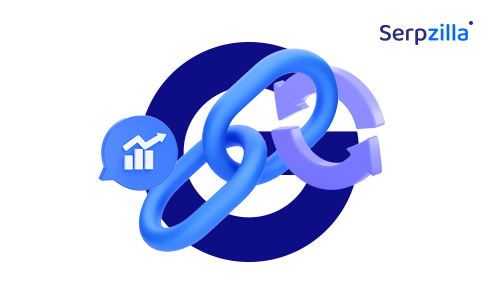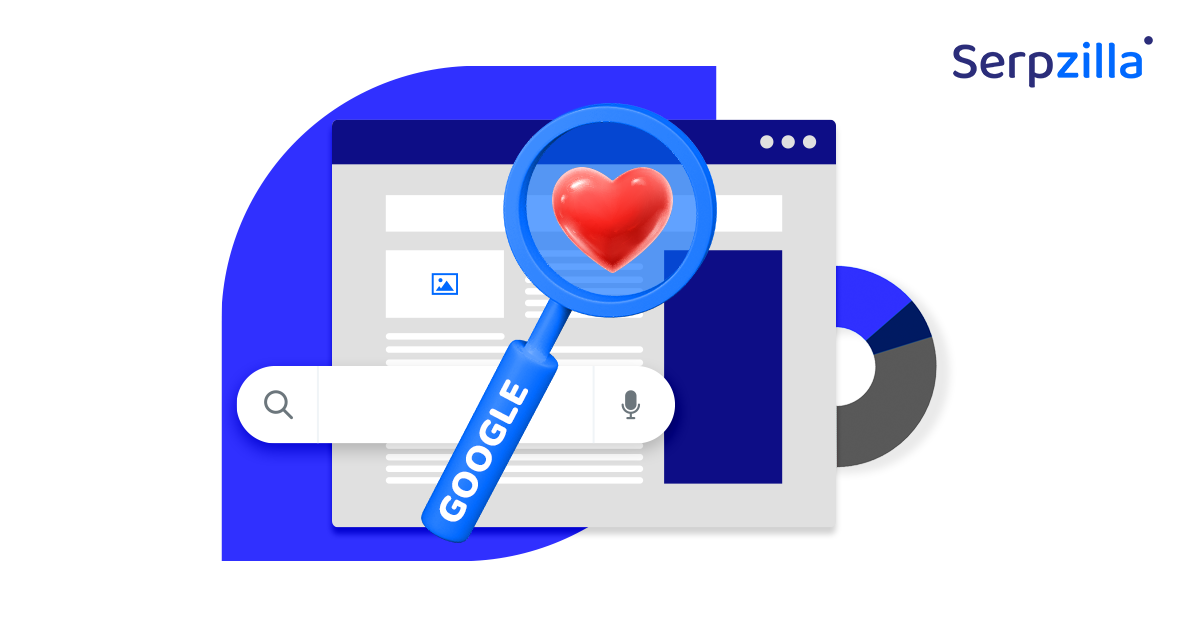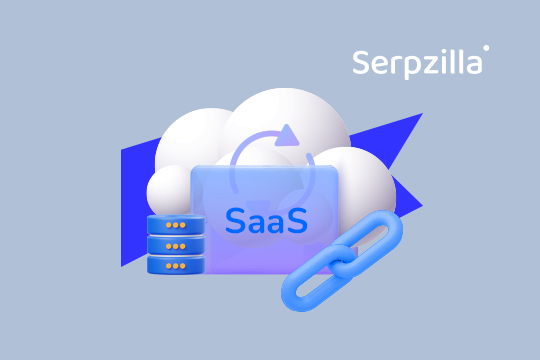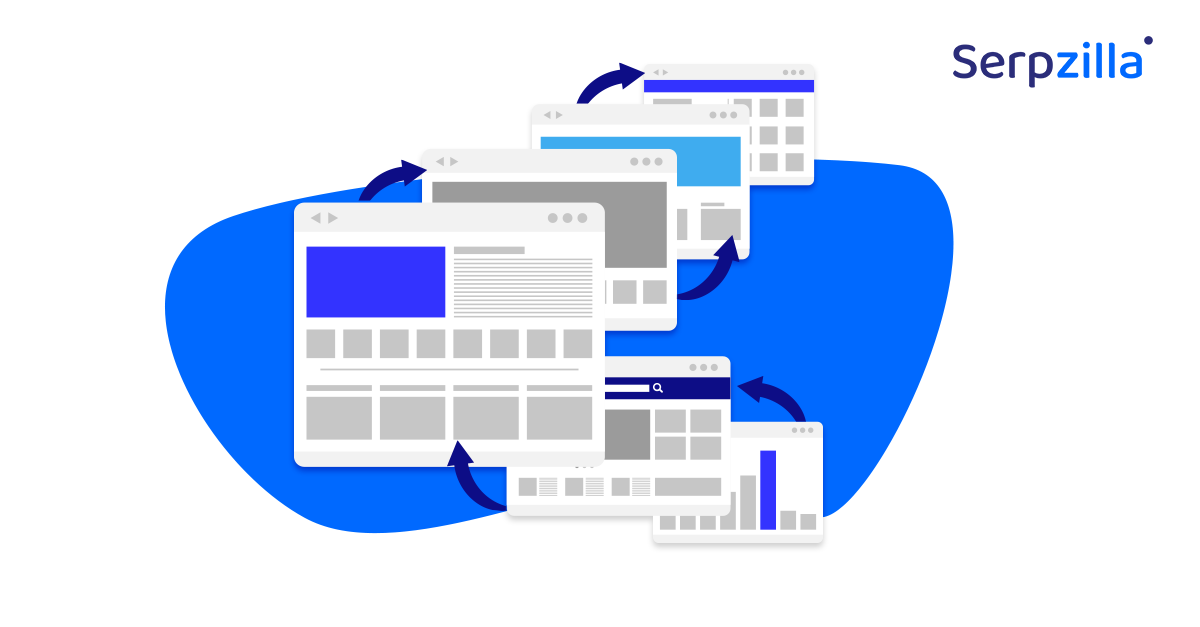In the early days of search marketing, PPC and SEO were handled by a single professional or the same agency for most businesses. As they got more complex and became mainstream, as PPC no longer remained limited to certain type of ads (like text), controlled by one search engine, or even limited to search (social media PPC is huge now), companies started hiring independent teams for these channels.
Regardless of how differently your paid and organic search campaigns are set up, you will gain from collaboration in the SEO and PPC disciplines – sharing of specific data, insights, methods, and approaches will contribute to your overall marketing strategy.
By working in partnership, your teams can manage and optimise digital campaigns more effectively while saving time, effort and budget. In this article, we examine how PPC impacts SEO and how it makes SEO tactics even sharper.
The Need for SEO
SEO is critical to your digital – and overall – marketing strategy since it involves numerous benefits:
- Increases the exposure of your website to a wider audience
- Gets you targeted organic traffic
- Improves the possibility of converting site visitors into paying customers
- Boosts your brand credibility
SEO is now a fundamental method of digitally marketing your business and brand, helping you reach the right customer base and sell to them.
The Need for PPC
PPC offers multiple approaches and options for your business to increase sales quickly. You see an ROI – whatever it is – from Day 1 of your campaign.
Google is undoubtedly the new yellow pages. The first thing anyone looking for any product or service does is whip up Google. And paid search advertisements simply take up the whole first screen on mobile or desktop devices – before any of the organic searches are close to appearing. Take a look for yourself:
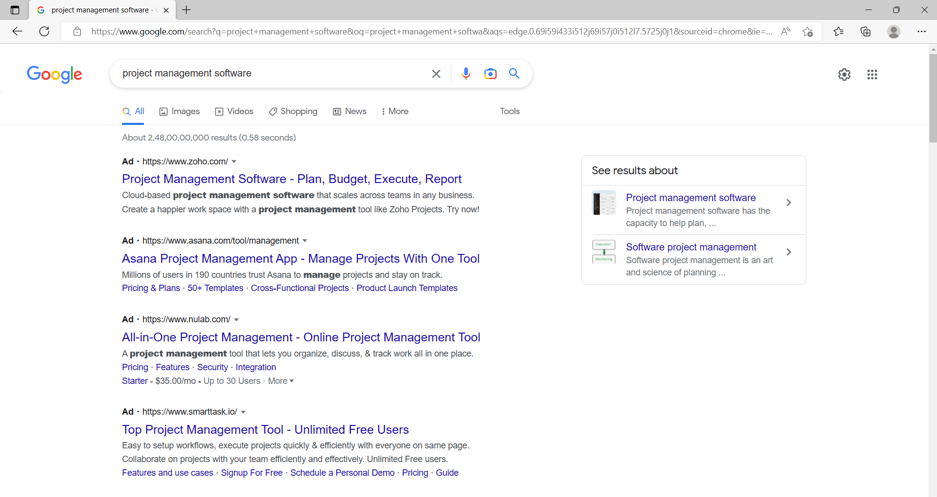
Another advantage is you can choose the exact messaging and URL, with a tailored landing page, to be displayed in PPC ads. Google Ads further has elements that entice people to click, which can be personalised to make your ad appealing to a range of searchers. Finally, PPC offers precise targeting according to the demographics of the audience.
Ads can be targeted by keywords, day of the week, location, device, and other factors. You can have a fresh PPC campaign set up, running within hours, with leads or sales coming in by Day 1.
SEO Lessons You Can Learn from PPC
A lot of time, effort and money is required to rank higher through SEO. It’s just not as obvious as PPC, because you don’t directly pay for every click or impression. You pay indirectly by producing fresh content, maintaining your website, branding your products and services, and creating interest in your brands.
The difference lies in measurement. How do you know for sure how much clicks you’ll get through your SEO campaign? How many leads? How much ROI? What will be your cost per acquisition?
For new websites, the promise of profiting from all the organic qualified traffic can be hard to digest. Indeed, it can seem like stepping into a casino. However, when you’re running PPC campaigns, you build existing benchmarks for metrics such as click-through rate (CTR), cost per click (CPC), conversion rate and cost per lead (CPL).
Even without running any campaigns, you have PPC benchmarks for most industries:
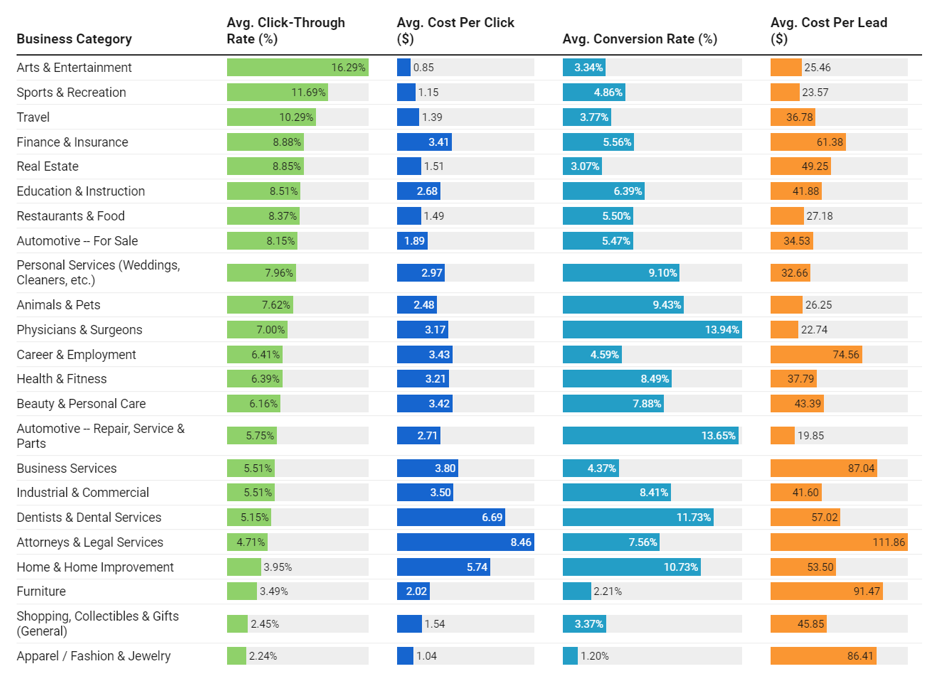
Source: https://www.wordstream.com/online-advertising-benchmarks
Here are some more ways in which PPC campaigns impact SEO…
Keyword testing: You can test your core set of keywords through Google Ads before choosing them for SEO campaigns. Since you need a ton of efforts to rank on page 1, it’s better to know for sure if these keywords will generate leads or not before going all out on them.
Location testing: Test various cities and regions where you can sell your products and services through PPC to see which ones are the most profitable and where you get the highest paying or most loyal customers. By doing this, you avoid wasting time and money positioning for a region where the market size doesn’t net you a good ROI.
Landing page testing: Don’t just simply go ahead and develop landing pages that are keyword-rich and full of text content. First, A/B test them with Google ads to see how people react to the various elements on it, how closely it matches the message that you are giving potential customers, and how well it converts them.
Meta information: You can use the ad headlines and ad copy from your high-performing Google Ads campaigns as your page title and meta description in SEO. They are proven to be relevant to the page content as well as convert visitors better.
Branding: Searchers who’ve already come across your brand and messaging have a higher chance of clicking through your organic results and purchasing from your site. PPC builds that critical brand awareness and recall that later translates into SEO success.
How SEO and PPC Impact Each Other
PPC has no direct impact on SEO, despite the rumors (that refuse to be subdued) that Google rewards sites that run ad campaigns with better organic visibility. However, PPC does have an indirect impact on SEO – depending on what lessons you learn and the strategies you implement.
Many digital marketing outcomes can be a result of combining PPC and SEO operations. It is ideal to employ both SEO and PPC in tandem if you want to enhance the effectiveness of your marketing strategy – the sum is certainly greater than the parts.
In many businesses, including agencies, the SEO and PPC teams are two entirely different departments. They work mostly in silos and occasionally even compete with one another. However, conventional wisdom as well as empirical evidence suggests that the more successful your campaigns are in one area, the better results you see in the other one too.
The biggest outcome of synchronized SEO and PPC campaigns is that you absolutely dominate the SERPs if you do well in both. Shopping and text ads at the top of the SERPs are the norm today for almost all queries. At the same time, organic results are accentuated by various SERP features such as featured snippets, People Also Ask and answer boxes.
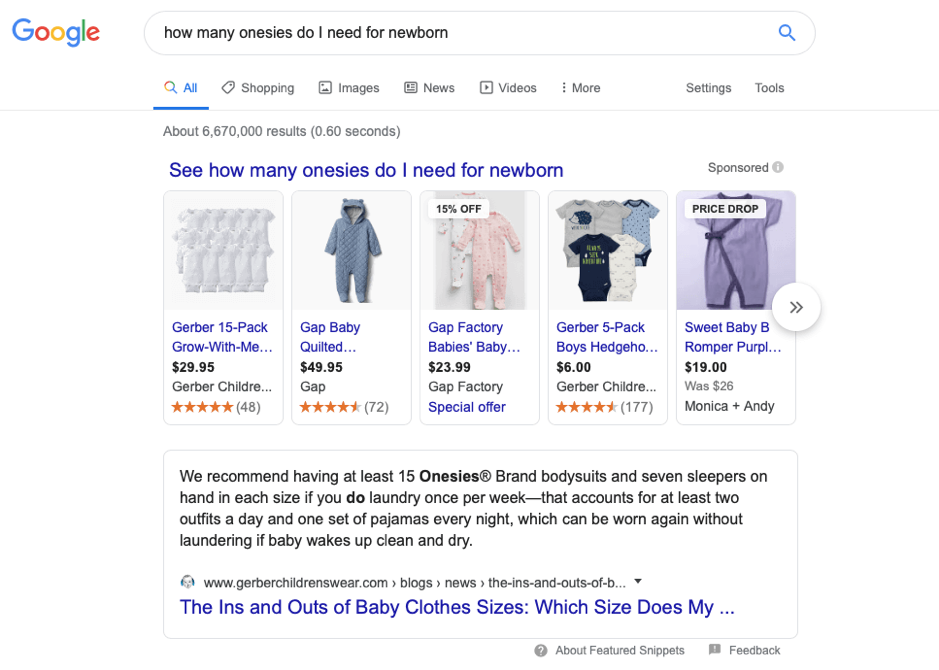
When you get your ads, your blog articles, your videos (on-site or YouTube) as well as your social media profiles to show up in the SERPs, there is no escaping your brand for the searcher. Whether they skip over the ads, or don’t scroll down as far as the organic results, they run into your listings. The brand authority and trust that comes with it is unassailable.
How Can SEO and PPC Work Together?
In order to really dominate the Google SERPs for keywords of your choice, you need to run integrated PPC and SEO campaigns that are finely tuned to your short-term and long-term marketing and sales objectives.
PPC can help you change the messaging of your ads quickly to focus on a specific audience segment, promote a particular product, or target a certain region. Further, it can take users directly to the product page you want them to.
On the other hand, SEO can help you enhance the user experience by taking them through a content-driven purchase journey step-by-step.
Matching your customers’ intent with adequate keyword research is a process that lies at the amazing intersection of SEO and PPC. You can use PPC to quickly test which keywords appeal to searchers’ purchase intent and which don’t. You can then use these keywords in different forms of content and try to rank them via SEO.
Similarly, you can dig into SEO data to find the top pages of your site that are driving the most traffic. If the search terms they use to land there are commercially viable, why not create targeted ads for them and take conversions to the next level?
Further, you can retarget those customers who visited your site via organic search and bring them back for more content that guides them through your sales funnel. Compared to standard shopping and text ads, retargeting has a substantially higher CTR because the customer has already had a previous interaction with your brand.
While there are endless possibilities to run symbiotic SEO and PPC campaigns, the only way to guarantee success is to keep testing different initiatives, one at a time.
The Takeaway
It is never SEO vs. PPC as many blogs out there make it out to be. Each discipline has its own set of merits and drawbacks. While SEO still drives the most traffic to pretty much any given site on the internet, PPC is able to provide effective outcomes fast.
Always go for a comprehensive and integrative marketing approach – regardless of the channel you opt for, don’t ignore video, visuals and optimized copy. Find the right platform that allows you to interact with your target audience and go all out to woo them there. Leads and sales will be sure to follow!




